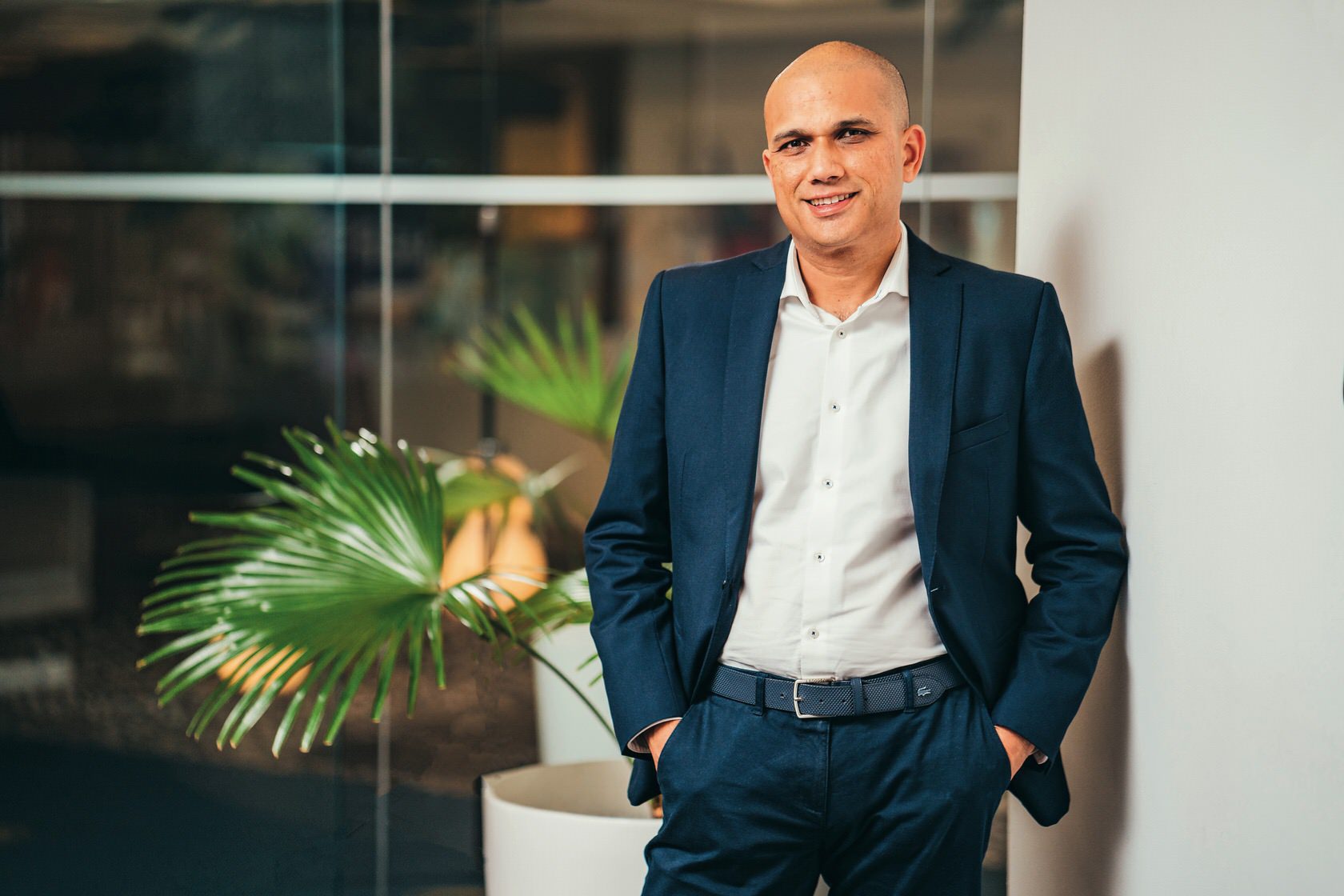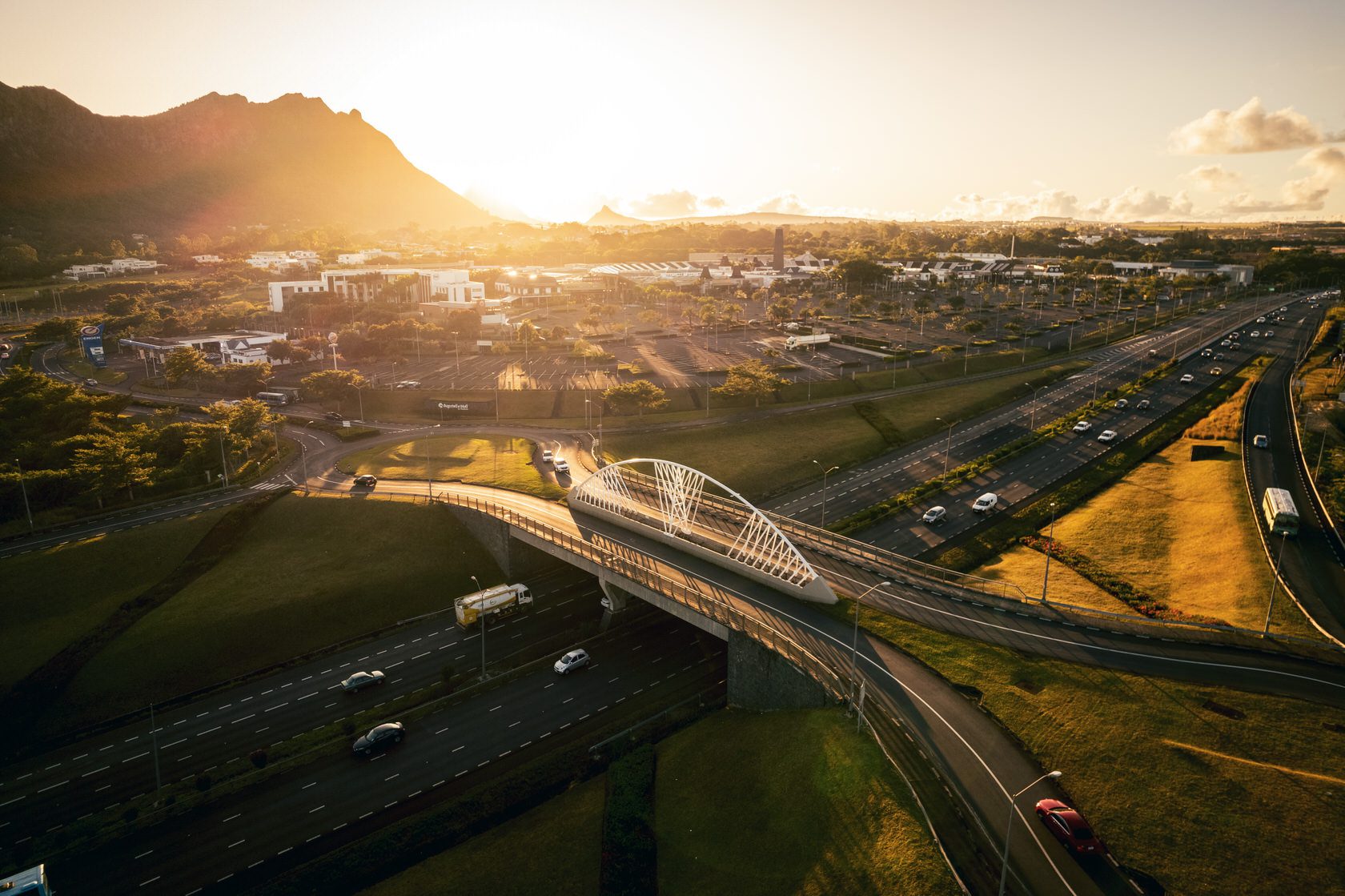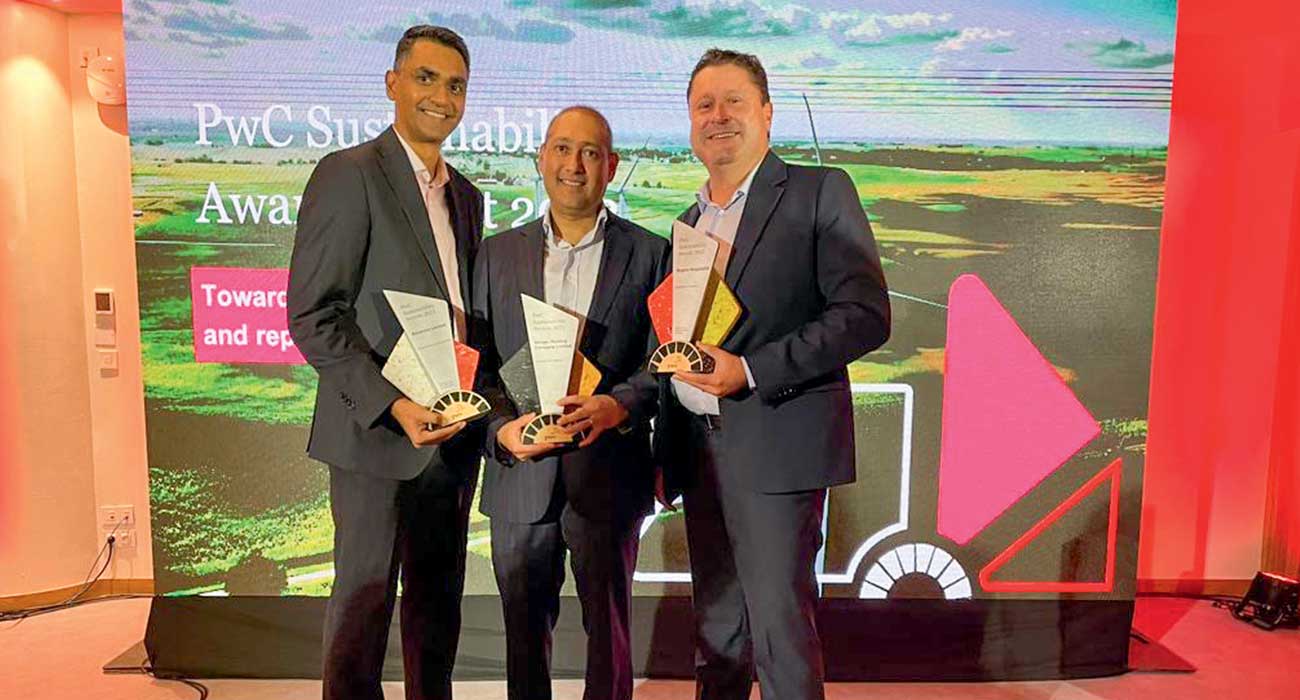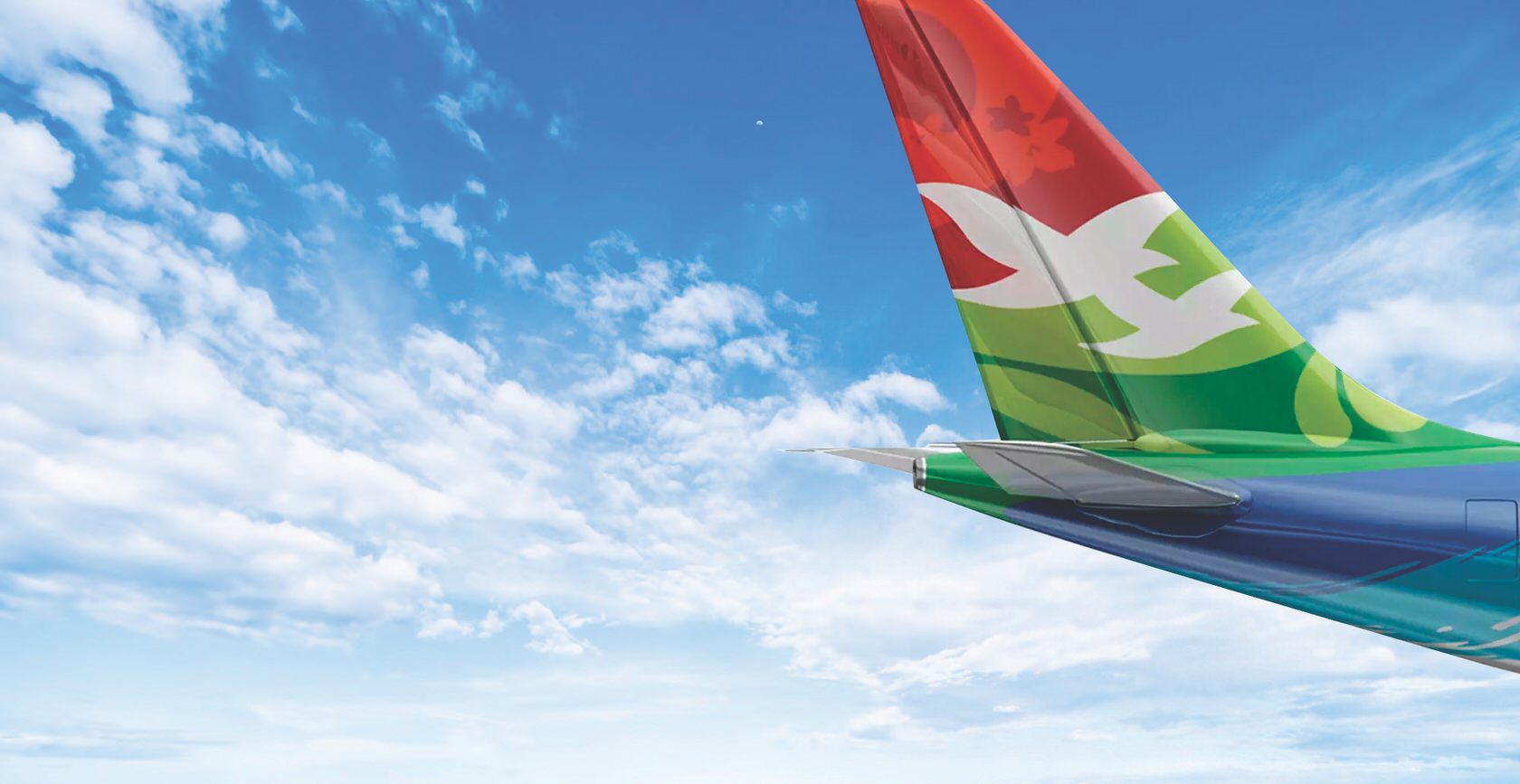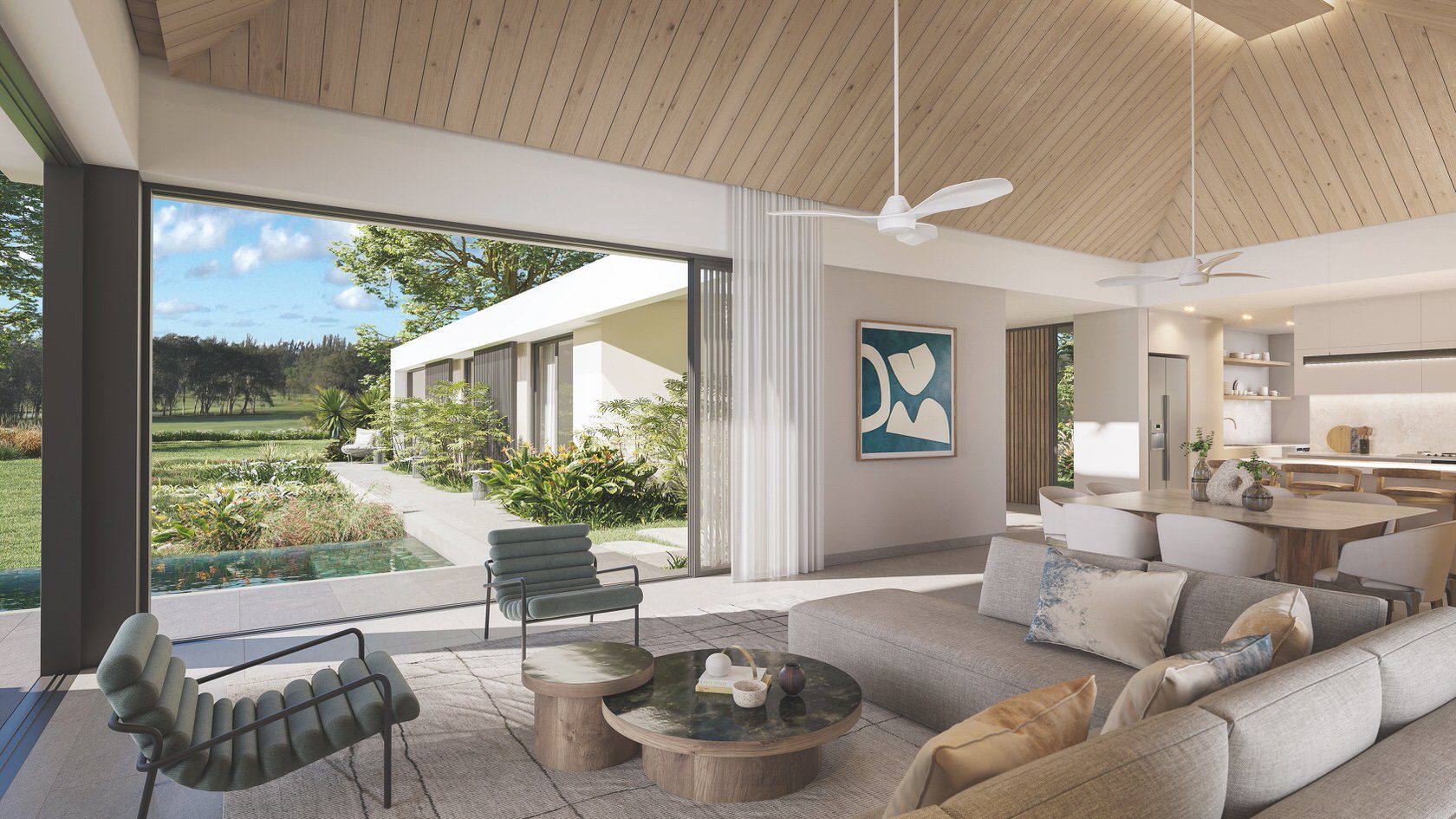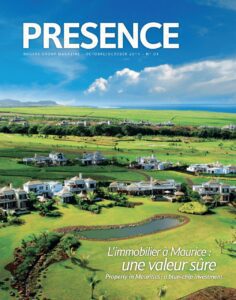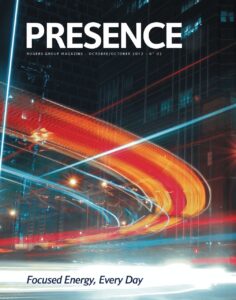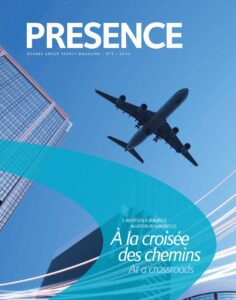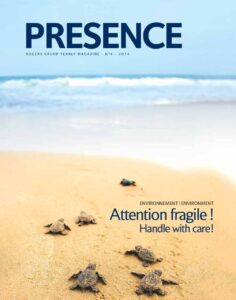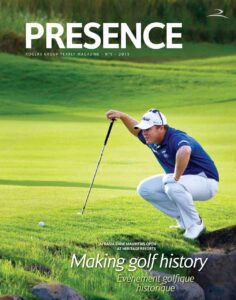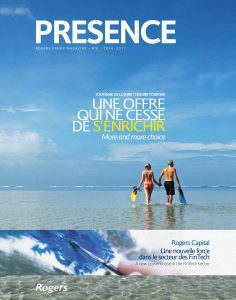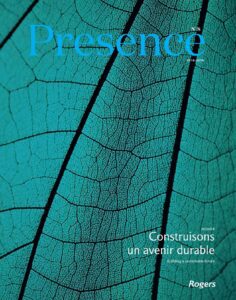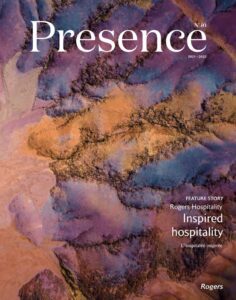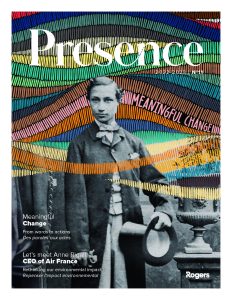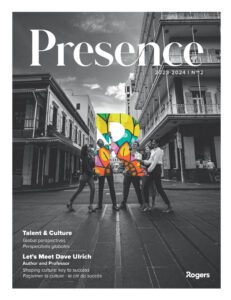François de Senneville, Lawyer specialised in international tax issues
The dynamics of a country’s economic fabric is largely dependent on the vitality and the quality of its companies. Proud of its local anchoring, Rogers always strongly endeavoured to contribute in terms of boosting the Mauritian economy. With the approach of the fiftieth anniversary of our country’s independence on the 12th of March 2018 in view, PRESENCE proposes an insight into the meanderings of a group to which it is historically linked.
Throughout its long history of almost 120 years, Rogers constantly stood along all the decision makers of the country, with the aim of contributing to the country’s progress. Drawing its origins in 1899 in the trades related to the marine transportation, the group founded by Walter Richard Rogers was initially a commercial firm that imported heavy machinery for the sugar industry. Having survived the two World Wars, the group now prides itself in a significant and diversified business portfolio on the advent of the 50th anniversary of the Independence.
By ignoring all those who predicted a rather gloomy future for Mauritius, Rogers continued to express its confidence in the country. At that time, the group already positioned itself as a pioneer in the aviation field. After Second World War and thanks to their vision and the contacts they made throughout their engagement within the allied forces, the Maingard brothers, Sir René and Amédée, ensured the group of the representation of the Réseau des Lignes aériennes françaises (which later became Air France), Qantas, British Overseas Airways Corporation (BOAC, which later merged with British European Airways in 1974 to form British Airways) and South African Airways.
On the eve of independence, acknowledging the importance of effective air connectivity, Amédée Maingard leveraged his connections in order to gather up partners such as Air France and the BOAC and accomplish the vision of Rogers and of the Mauritian government of creating a national carrier. Air Mauritius, the company with the paille-en-queue emblem spread its wings on the 14th of June 1967 (see box opposite).
First milestones of the tourism industry
Simultaneously with the development of the aerial commercial adventure, the group also took the initiative by laying the foundations of the tourism industry, which today is a sector that is a considerable source of employment and foreign currencies, and one of the main pillars of the Mauritian economy. In June 1952, as the Australian airline company, Qantas, was preparing to launch a connecting flight between Perth and Johannesburg, via Mauritius, Rogers created Mauritius Hotels and opened the first hotel of international standards on the island to accommodate the passengers and crew on layover.
Amédée Maingard and Michel Pitot propelled the transformation of a beautiful colonial residence in Curepipe, the Mallac castle, into a hotel. The Park Hotel offered 40 rooms at a time when the island welcomed only around 1,800 annual visitors. Today known as New Mauritius Hotels, the company manages the flagship hotel brand of the country, Beachcomber Resorts & Hotels (refer to boxed text).
Rogers did not cease to extend its presence throughout the tourism chain. Shortly after, the group launched the Mauritius Travel and Tourism Bureau (MTTB) and Mautourco, which merged in 1999. It also obtained the franchise from the car renting company Hertz, two years after the country became independent.
The hotel adventure continued in 1982 with the creation of Veranda Bungalow Village, whose success would open the way to the takeover of other establishments in the North and East of the country. Tamarin Hotel recently acquired by Veranda Resorts, brings the number of hotels controlled directly by the group to eight, with a total of 752 rooms in the category of three to five-star hotels, on top of the rental management of 45 luxury villas on the Heritage Bel Ombre estate. In only 35 years, the small family company of the early days was transformed into Veranda Leisure & Hospitality (VLH), a flagship of the Mauritian hospitality industry with two leading brands in their respective segments, Heritage Resorts and Veranda Resorts.
Lauching Air Mauritius
A man of vision and convictions, Amédée Maingard spearheaded the establishment of Air Mauritius 50 years ago. In fact, the first board meeting of the newly created company took place in the offices of Rogers, who still holds a 13.5% stake in the airline’s capital and which it has held on to for over three decades. It is also said that that he himself drew the paille-en-queue in his house in Vacoas which went on to become the Air Mauritius logo… This Second World War hero, who features in a 75 minute documentary by French director Michel Vuillermet which is expected to hit the screens by the end of 2017, was also the first president and managing director of Air Mauritius, held this position until his death in 1981. A bust in his honour was chiselled near Rogers House and symbolically, the national carrier’s airport lounge, in Plaisance, was named after him.
From “Global Business” to FinTech
The country continued its rise in an ever-changing economic landscape, and Rogers followed the lead. Towards the end of 1980, new challenges emerged and today Mauritius wishes to position itself as an international platform for financial services.
The creation of a financial centre gradually took shape with the launch of a Stock Market in July 1989: The Stock Exchange of Mauritius. Once again, Rogers refused to form part of the late bloomers, and made its appearance on the stock exchange market the following year.
The aspirations of the group became clearer following the introduction of a number of incentive measures into the national budget of 1991–1992 and the enactment, in the same tread of the Offshore Business Activities Act of Mauritius to regulate the offshore, commonly designated today as: Global Business. Rogers again assumed the role of pioneer and took the plunge into the financial services sector in 1992.
The group currently has significant direct and indirect interest in this sector. Ever since the creation in 2016 of the umbrella brand, Rogers Capital also positioned itself as a forerunner in Mauritius in the field of FinTech, an activity which is burgeoning worldwide, which mobilises data-processing technologies to transform the financial services.
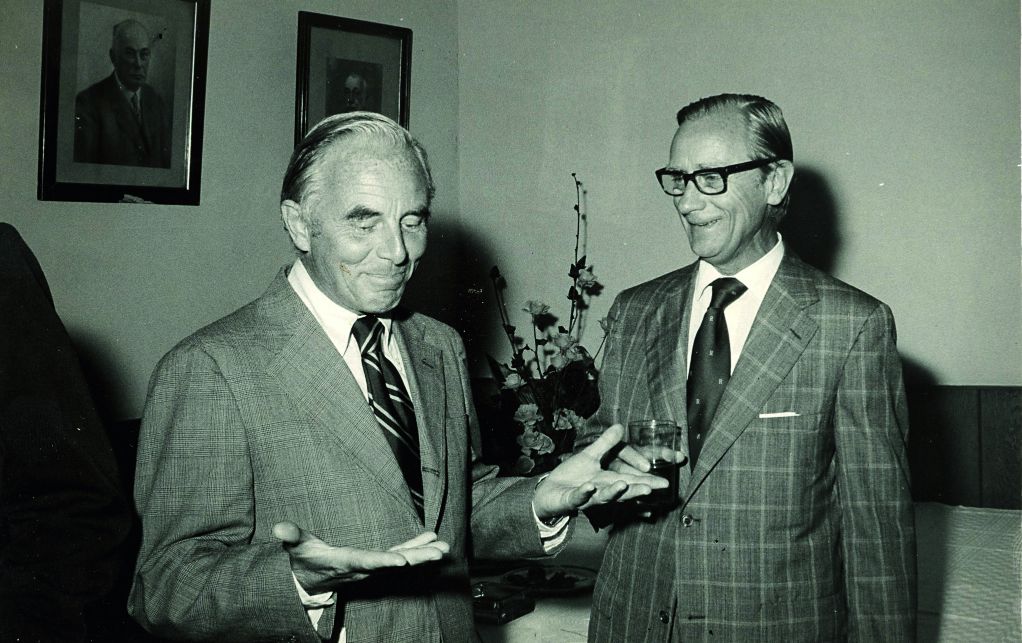
A leader in real estate
Another sector which has recently grown considerably is the real estate sector. Ascencia, listed since 2008 on the secondary market of the Stock Exchange of Mauritius, is the country’s first property fund, founded on the model of a Real Estate Investment Trust (REIT). It is also one of the main contributors in the commercial real estate sector with assets under management valued at around Rs 14 billion, including five of the main shopping centres of the country. These popular shopping and lifestyle destinations enjoy over 1.5 million visitors per month.
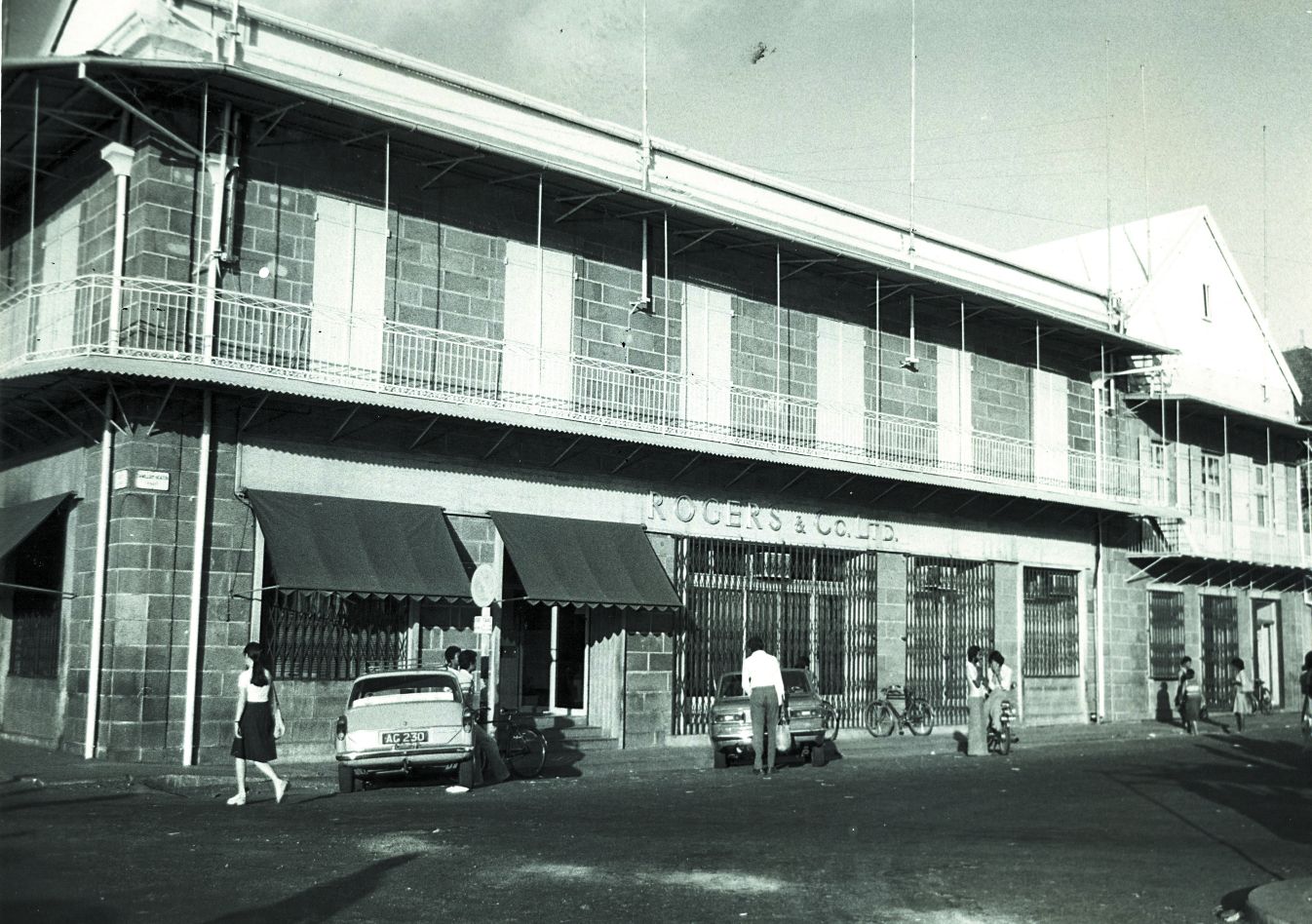
1
rooms in the three to five-star hotel category, in addition to the rental management of 45 luxury villas on the Heritage Bel Ombre estate.
Rs 14 mds
with assets under management valued, including five of the main shopping centres of the country.
Key player in the hospitality industry
Rogers who currently holds 22.76% of the New Mauritius Hotels (NMH) capital, is a pioneer and historical leader in the hospitality industry of Mauritius. Beachcomber Resorts & Hotels is today a collection of 10 resorts, including the iconic Royal Palm Beachcomber Luxury in Mauritius. As part of New Mauritius Hotels Ltd and VLH et Co Ltd, Rogers has a significant involvement in the national hospitality sector with 20% of the total capacity of hotel rooms.
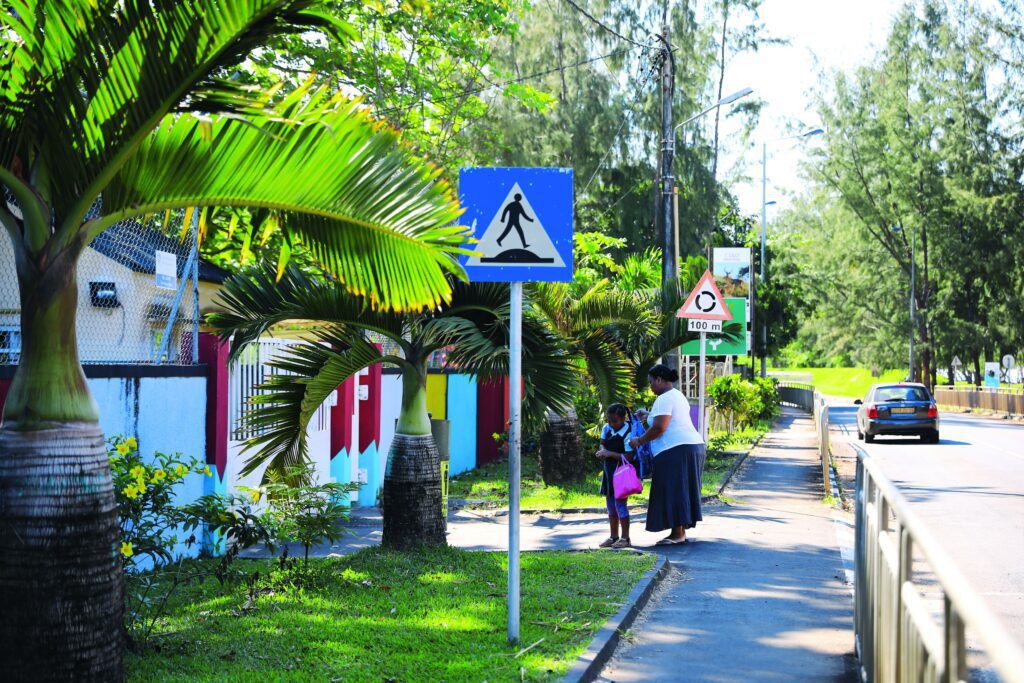
A well structured social and environmental approach
Rogers also took the lead in the field of social and environmental responsibility, with a commitment stretching back to way before the founding of a formal framework. Rather than a shotgun approach with no guarantee of project results, the group chose a well-structured approach by rallying its resources around a common cause. After its participation in the fight against the HIV/AIDS between 2007 and 2013, Rogers – conscious of the serious impacts of the climatic change on a small Island nation such as Mauritius – is focussed on the preservation of coastal and marine ecosystems of the island with an already proven method and an action-plan spread out over five years.
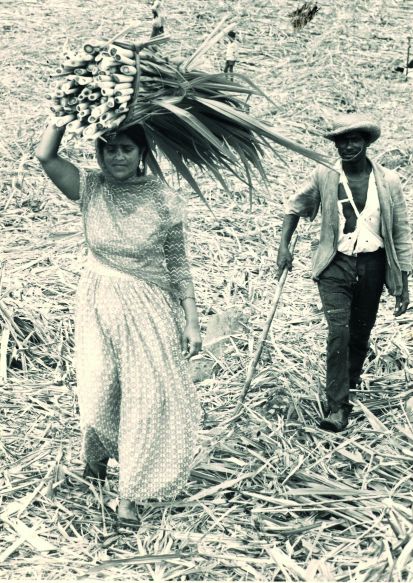
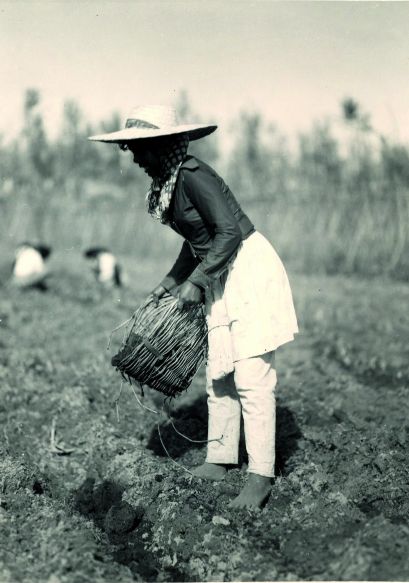
With the opening of the market to foreigners, the group also got involved in the residential property market via an Integrated Resorts Scheme project known as Heritage Villas Valriche, on the Heritage Bel Ombre estate. To get accustomed to the impact of the changes undergone by the local sugar industry, this 250-year-old backdrop of natural beauty was transformed into a ‘destination within the destination’ at the beginning of the new millennium, accommodating hotel structures, a championship golf course and a whole range of leisure activities. In the spirit of sustainable development, other important projects are within sight which would preserve its authenticity while offering new job opportunities to the inhabitants of the area.
Even if the group has been through an in-depth transformation since its creation, it does not mean that it has left behind its primary activity: maritime transport. Rogers Shipping now operates within Velogic, which has significantly strengthened its position over the last 40 years into a complete logistic platform. This sector plays a crucial part in international trade and contributes to the opening-up of the country, whose economic development remains mainly dependent on foreign markets.
Today Velogic has a global reach and a presence in the Indian Ocean islands, Africa, Asia and in Europe. The entity also remains on the lookout for opportunities which could arise through future developments in the port sector.
After being weighed down over time by a conglomerate structure, the group began focussing on the services sector, with prominent positioning and solid expertise in the tourism and hospitality, FinTech, logistics and real estate sectors. Over the past 50 years of the country’s independence, Rogers knew how to reinvent itself and assist the country while adjusting to the new global economic realities.


